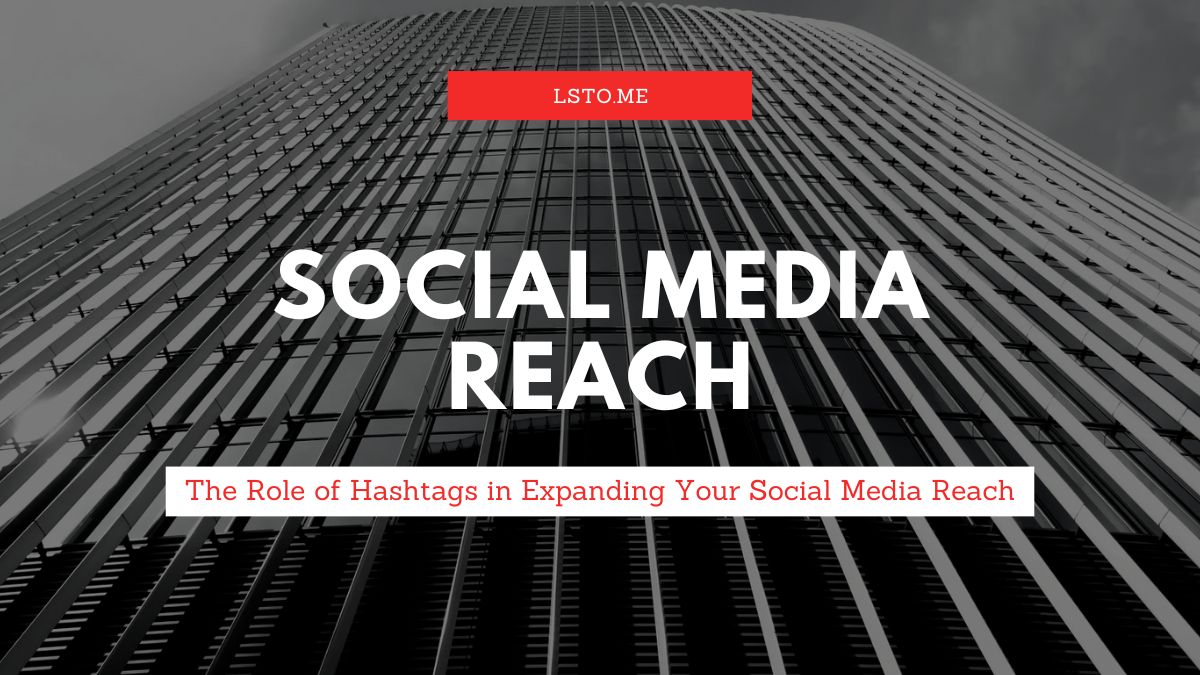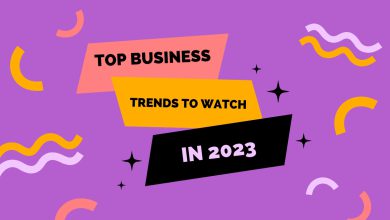
Hashtags are now everywhere on social media. They are powerful tools. They categorize content and boost visibility. They help engage wider audiences. Hashtags are key for both businesses and individuals. They boost social media reach. They also encourage community engagement and drive traffic to your profile or website. In this guide, we’ll explore the role of hashtags. They expand your social media reach. We’ll also give best practices for using them well.
Understanding Hashtags
What Are Hashtags?
Hashtags are keywords or phrases preceded by the pound (#) symbol. They are used to categorize content and make it discoverable to a broader audience. When you add a hashtag to a post, it joins a larger conversation. Anyone searching for that hashtag can find it.
The Origins of Hashtags
Twitter first made hashtags popular in 2007. Chris Messina suggested using the pound symbol to group related tweets. Since then, hashtags have spread to other platforms. These platforms include Instagram, Facebook, LinkedIn, and TikTok. Hashtags have become a vital part of social media communication.
How Hashtags Work
Hashtags work by combining all posts with a specific hashtag. They put them into a single stream. Users can search for hashtags or click on them to see all related posts. This feature lets users find content. They can join conversations and engage with communities on specific topics.
The Benefits of Using Hashtags
Increased Visibility
One of the primary benefits of using hashtags is increased visibility. Using relevant hashtags exposes your content to a broader audience. They are an audience beyond your followers. This can lead to more likes, comments, shares, and ultimately, more followers.
Targeted Audience Engagement
Hashtags help you reach a targeted audience interested in specific topics. Use hashtags that fit your content. They attract users who are more likely to engage with your posts. They will follow your account and join your community.
Enhanced Discoverability
Hashtags enhance the discoverability of your content. Users who are interested in particular subjects often search for related hashtags. Use these hashtags. They make your content accessible to users. They are actively looking for information or content on those topics.
Participation in Trends and Conversations
Using trending hashtags allows you to participate in broader conversations and trends. This can boost your content’s relevance and engagement. Users are more likely to interact with posts that are part of trending discussions.
Improved Brand Awareness
Consistently using branded hashtags can help improve brand awareness. Branded hashtags are unique to your brand. They can be used to promote campaigns. They also encourage user-generated content and create a unified brand on social media.
Best Practices for Using Hashtags
Research and Choose Relevant Hashtags
Understand Your Audience
First, understand your target audience. Understand the hashtags they are likely to follow and use. Research popular hashtags in your industry, niche, or community. Find the ones that resonate with your audience.
Use a Mix of Popular and Niche Hashtags
Incorporate a mix of popular and niche hashtags to maximize your reach. Popular hashtags have a broad audience but can be highly competitive. Niche hashtags have smaller, engaged audiences. They can help you connect with users who have specific interests.
Avoid Overuse
Hashtags are good. But, using too many can make your posts look cluttered and spammy. Each platform has its own best practices regarding the optimal number of hashtags. For example, Instagram allows up to 30 hashtags per post. But, using 5-10 relevant hashtags is usually better.
Create Branded Hashtags
Unique and Memorable
Branded hashtags should be unique, memorable, and easy to spell. They should reflect your brand. They must be distinct to avoid confusion with other hashtags.
Promote Branded Hashtags
Promote your branded hashtags on all your marketing channels. This includes your website, social media, email, and offline materials. Encourage your audience to use the hashtags. They should use them when sharing content about your brand.
Monitor and Analyze Hashtag Performance
Use Analytics Tools
Many social media platforms offer analytics tools. They let you track your hashtags’ performance. Use these tools to track engagement. They measure likes, comments, shares, and reach. This data can help you see which hashtags are best. Then, you can refine your strategy to match.
Adjust Your Strategy
Regularly review your hashtag performance and adjust your strategy based on your findings. Try different hashtags. See which ones your audience likes and which give the best results.
Platform-Specific Hashtag Strategies
Number of Hashtags
Instagram allows up to 30 hashtags per post. But, it’s best to use 5-10 highly relevant hashtags for the most engagement.
Placement
Hashtags can be placed in the post caption or the first comment. Placing hashtags in the first comment keeps your caption clean and focused.
Stories and IGTV
Don’t forget to use hashtags in Instagram Stories. Use them in IGTV descriptions too. They will help people find your content.
Number of Hashtags
Twitter is best with 1-2 hashtags per tweet. Overusing hashtags can reduce engagement and make your tweets look spammy.
Trending Hashtags
Use trending hashtags. They let you join big conversations and boost your tweets’ visibility. Make sure the trending hashtags are relevant to your content.
Number of Hashtags
LinkedIn suggests using 3-5 hashtags per post. This ensures your content reaches the right audience without appearing cluttered.
Professional Hashtags
Use professional and industry-specific hashtags to connect with a relevant audience on LinkedIn. Avoid trendy hashtags. They don’t match the platform’s professional tone.
TikTok
Number of Hashtags
TikTok allows up to 100 characters for the caption, including hashtags. Using 3-5 relevant hashtags is generally effective.
Trending Challenges
Join trending challenges. Use related hashtags to boost your content’s visibility. This can help you reach a broader audience and gain more followers.
Number of Hashtags
Hashtags are less common on Facebook. But, using 1-2 relevant hashtags per post can sort your content and expand its reach.
Discoverability
Use hashtags to make your content discoverable in Facebook searches. Focus on specific, relevant hashtags rather than popular, generic ones.
Case Studies of Successful Hashtag Campaigns
Coca-Cola’s #ShareACoke
Coca-Cola’s #ShareACoke campaign is a classic example of a successful hashtag campaign. Coca-Cola personalized Coke bottles with popular names. They encouraged customers to share their experiences using a hashtag. This generated massive engagement and increased brand visibility.
Airbnb’s #WeAccept
Airbnb launched the #WeAccept campaign to promote diversity and inclusion. The hashtag was used to share stories of acceptance and belonging. It resonated with a wide audience and reinforced Airbnb’s brand values.
Red Bull’s #PutACanOnIt
Red Bull’s #PutACanOnIt campaign encouraged users to place a Red Bull can in settings. They shared their photos using the hashtag. The campaign generated a significant amount of user-generated content and increased brand engagement.
Conclusion
Hashtags are powerful. They expand your social media reach, increase visibility, and engage with targeted audiences. By understanding hashtags and using best practices, you can harness them. They can drive traffic, foster engagement, and build brand awareness.
To use hashtags well, research and choose relevant ones. Make unique branded hashtags. Monitor their performance. Adapt your strategy based on analytics. Use hashtags differently on each platform. This will max your reach and engagement.
Social media moves fast. Staying informed about the latest trends is key. So is refining your hashtag strategy. This is how to stay competitive. By using hashtags, you can boost your social media presence. You can also achieve your marketing goals.




